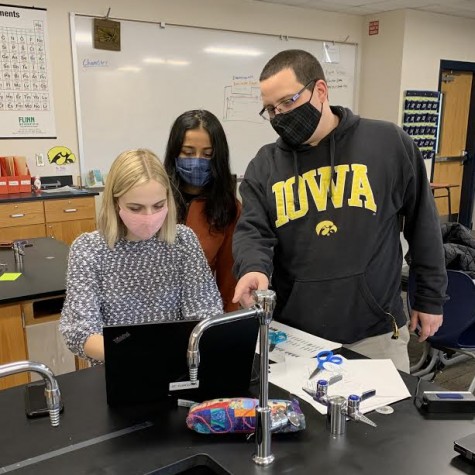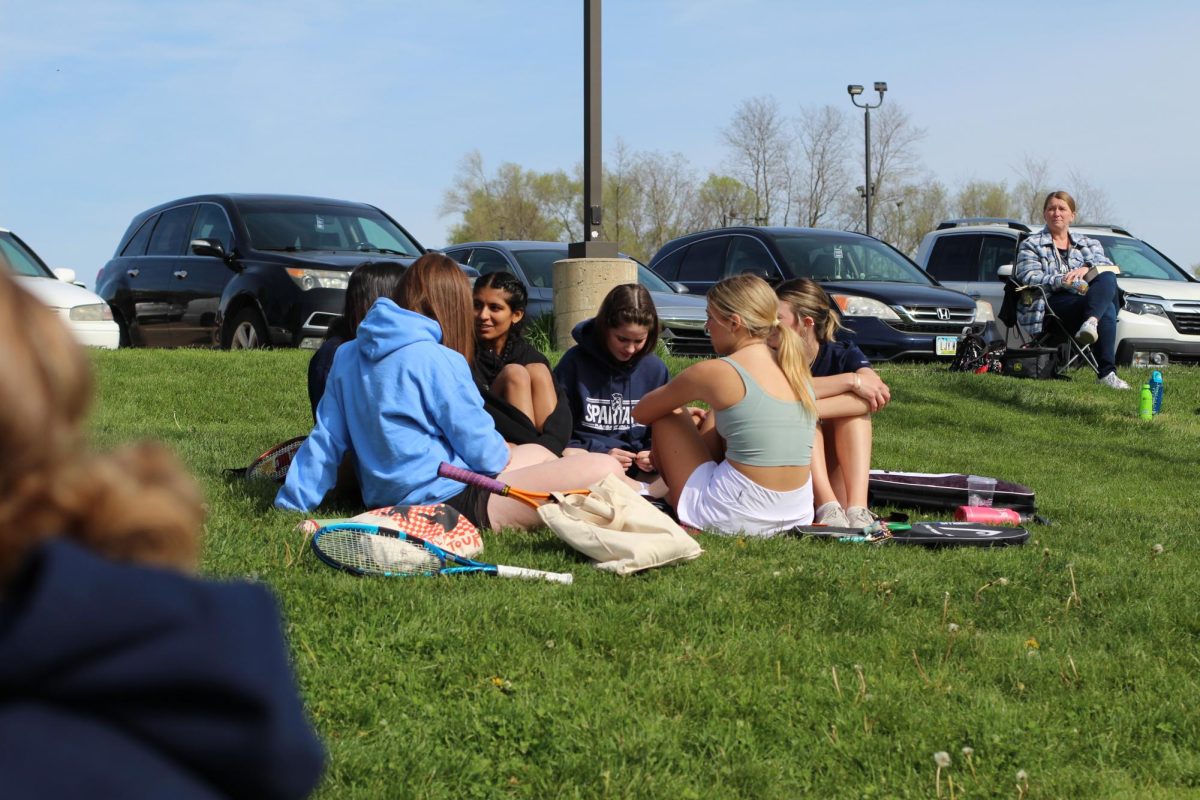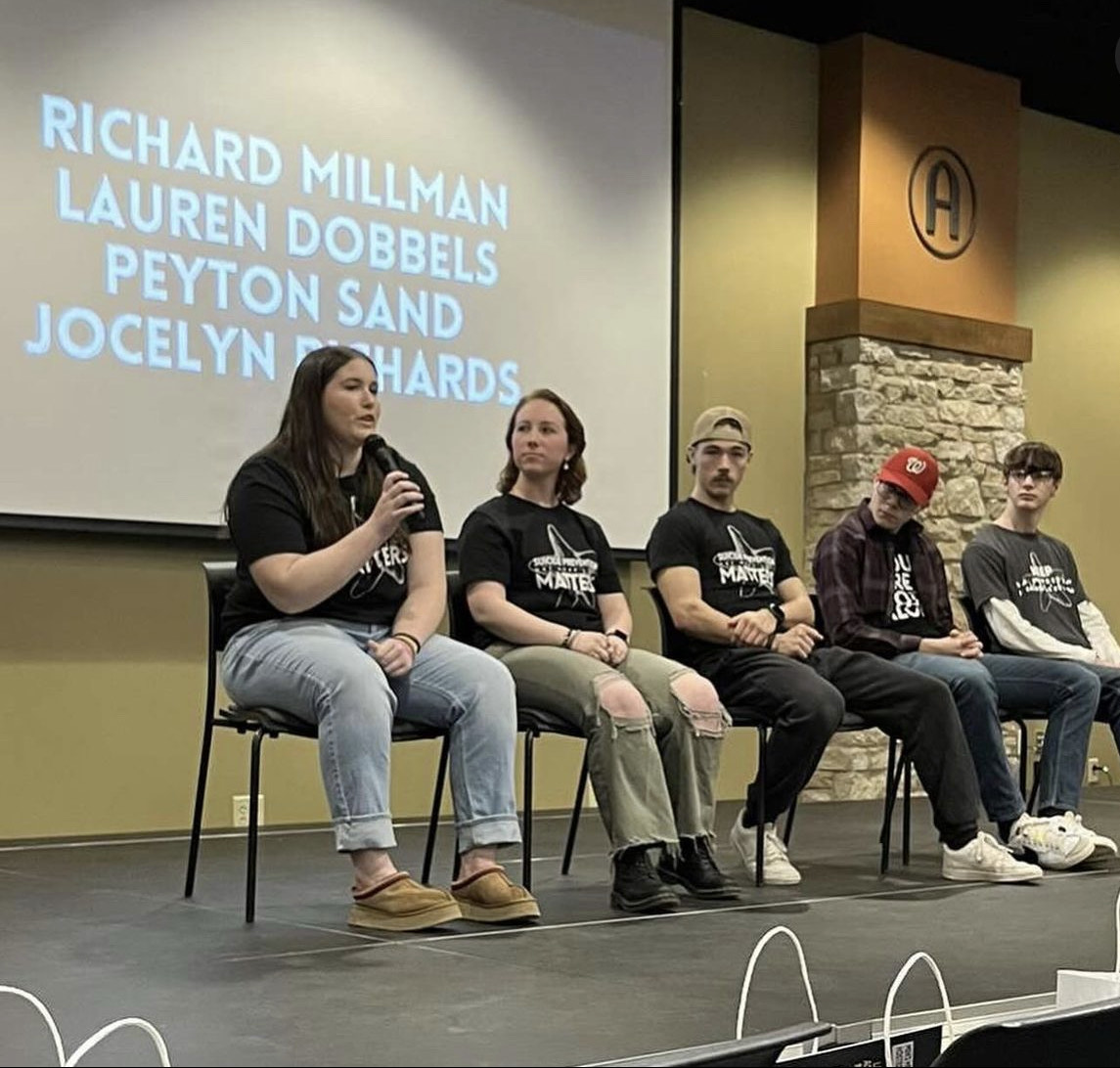As the environment continues to decay, individuals now feel responsible to support products intended to be sustainable. But are green marketed products truly beneficial for the environment?
Many manufactures have used the misleading marketing technique greenwashing to exude an image of sustainability when selling products that are more detrimental to the environment than their single-use counterparts. These products are marketed to convince consumers that they are making an environmentally conscious decision by buying their products. They are often marketed as multiple-use products but are made through unsustainable manufacturing processes.
Nowadays, greenwashing techniques fill the shelves. Consumers fall prey to companies’ tactics because they feel like they are substantially reducing their carbon footprint. Unfortunately, this is the company’s ploy. A global study concluded that 66% of participants were willing to pay more for eco-friendly products. Marketing companies use this to their advantage by making minimal environmentally-friendly changes to their products yet severely driving up the price, garnering a hefty profit.
Pricey greenwashed products can be quite tricky to differentiate from truly sustainable, environmentally friendly products. For instance, plastic-heavy companies such as Nestle and Coca-Cola marketed many of their products as environmentally friendly by tackling plastic packaging waste but, at the end of the year, were some of the largest plastic polluters in the world.
Often buying expensive, sustainably-marketed products makes the consumer feel as though they are making a difference but has no real impact. For example, buying expensive, multi-use cotton tissues seems like a sustainable practice, when instead using an old cotton t-shirt cut into rags serves the same purpose and has a lower carbon footprint when considering manufacturing and shipping. Even using single-use tissues can be better for the environment, as they are biodegradable and relatively low cost to manufacture. Buying a new product, which goes through an extensive manufacturing and shipping process, and is likely covered in packaging, is more detrimental to the environment.
With greenwashing so prevalent on the shelves, determining what products are truly sustainable becomes a challenge. Pleasant Valley English teacher Lynne Lundberg offered her perspective on what products can be classified as sustainable. “A product is sustainable if the ingredients are renewable, the ingredients are sourced ethically, the product is produced using renewable energy, the product is produced without adding pollutants to the environment and the product is produced without exploiting human beings.” Lundberg follows these classifications when purchasing her own sustainable goods, including compostable bamboo toothbrushes, washable kitchen rags, and deodorant, soap and toothpaste all packaged in paper rather than plastic.
Using renewable, low carbon-impact goods has the best effect on the environment, though it is not feasible for all individuals. Many resort back to using single use products rather than sifting through the array of sustainable products intermixed with false, greenwashed products.
Junior Leila Assadi offered her perspective on how to go about using single-use products. “If you have something that is single-use that is better for the environment than something that is multiple uses, just make sure that you take care of it properly at the end.” Assadi advised people on how to properly dispose of single-use products. “When using single-use products, if you can recycle it, take it to a recycler. Currently with the pandemic, masks are usually only one use, but one thing you can do is cut the strings on your masks in case they don’t end up in a landfill.”
Assadi recommended thrifting or buying clothes and shoes second hand rather than supporting unethical and unsustainable fast fashion companies such as Shein and H&M. She also supports buying quality clothing that will last a long time to reduce clothing waste.
Lundberg recommended using homemade cleaning and self-care products rather than buying them from the store. She buys ingredients from local grocery stores or drugstores, which is more ethical than buying the manufactured product. Lundberg also recommended practicing sustainability by utilizing the outdoors. “The most impactful choice I make may be gardening. I grow some of my own food and I try to make my yard a beautiful place where I will enjoy spending time.” These actions reduce carbon emissions and excessive plastic packaging contributing to environmental decay.
The responsibility to maintain and care for the Earth falls into the hands of the public. As caretakers of the planet, everyone has the responsibility to research and consider the effects of the products frequently purchased and used. Rather than falling for gimmicky sustainable products, individuals can take alternate routes to practice sustainability.



















Adelaide Wolfe • Feb 3, 2022 at 8:38 pm
I really liked this topic because I like to think of myself as an environmentalist so it definitely caught my eye. The information was very informative to people who may fall victim to companies faking their support for the environment. I also like how the article gives examples of companies who have done this and gives a small warning about it.